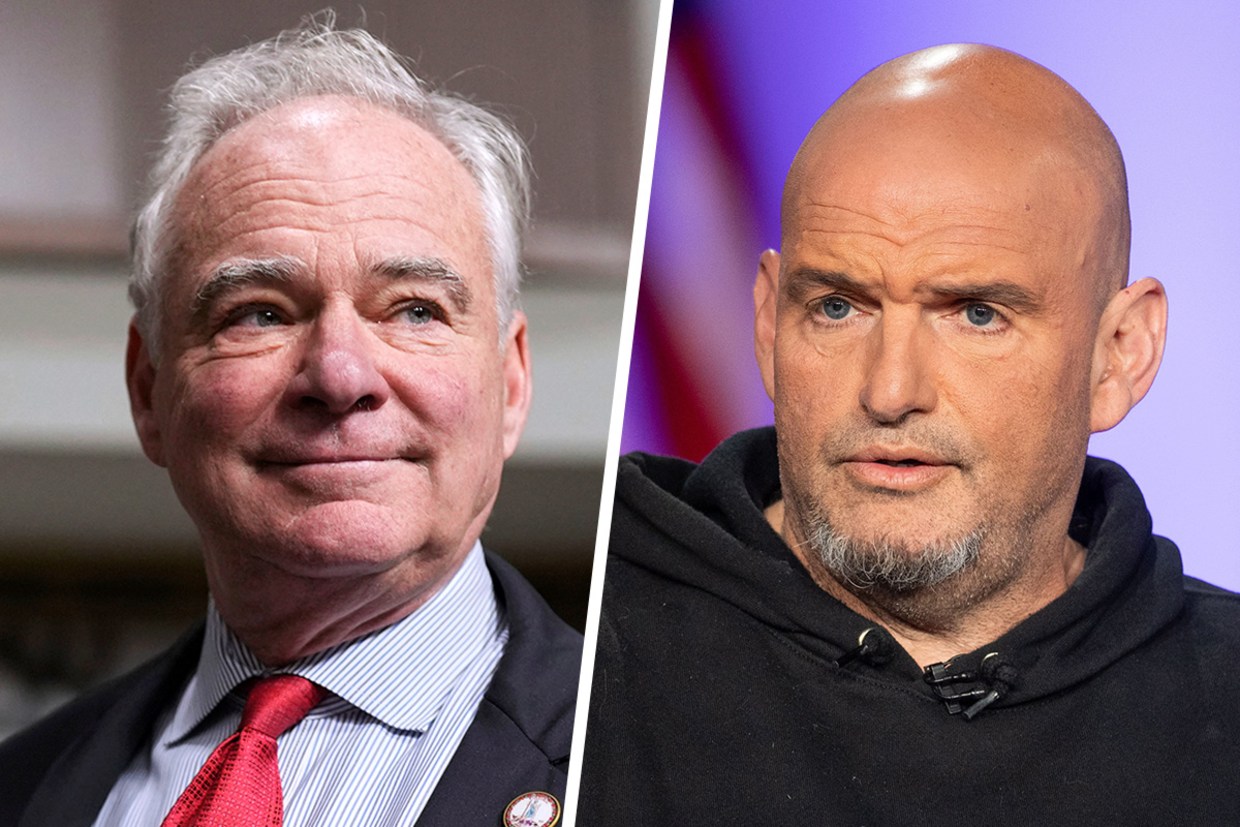
Democrats Divided Over Trump’s Iran Strikes, Struggle to Find Common Ground
The recent U.S. airstrikes on Iran, authorized by President Trump, have not only ignited international concern but also laid bare the deep divisions within the Democratic Party. As this breaking development unfolds, I can't help but reflect on how disconnected and inconsistent the Democratic response has been — a troubling sign for a party seeking to present a unified front in the face of growing global tension.
In Congress, the reactions from Democrats have ranged from outright condemnation to tepid support, with very little consistency in messaging. Some, like Sen. Tim Kaine of Virginia and Rep. Ro Khanna of California, have voiced strong opposition, calling the strikes unconstitutional and urging legislative constraints on further military action. They’re pushing for a formal vote and congressional authorization before any more aggressive moves are made — a logical call for checks and balances, especially given the chaotic communication coming from the Trump administration.
Also Read:- Emma Raducanu’s Gritty Comeback Leaves Eastbourne Crowd in Awe
- Coinbase Stock Opportunity: 40% Discount with Built-In Safety?
Others, however, have not been so aligned. Sen. John Fetterman of Pennsylvania and Rep. Steny Hoyer of Maryland, both Democrats, openly supported Trump’s decision, with Fetterman even calling for a direct strike on Iran’s nuclear facilities. Fetterman defended his stance passionately, saying he knew it might hurt him politically but that he believed it was the right thing to do. That kind of position — from a Democrat — threw a wrench into any hope of a coherent party stance.
Meanwhile, party leadership seems hesitant. House Minority Leader Hakeem Jeffries declined to say whether he supports a resolution requiring Trump to consult Congress, and the Democratic National Committee, after spending days blasting the administration's competence, suddenly shifted its focus to abortion policy. It’s hard to ignore the impression that the party is reacting, not leading.
The chaos isn’t limited to Capitol Hill. Democratic governors — many of whom are quietly preparing for 2028 presidential runs — mostly kept their heads down, speaking vaguely about public safety and the well-being of National Guard members. California’s Gavin Newsom, normally quick to take shots at Trump, said nothing about the strikes themselves. His social media lit up about an immigration incident but fell silent on the matter of war and foreign policy. It was a striking omission.
A few governors did speak up, including Pennsylvania’s Josh Shapiro, who placed responsibility for any fallout squarely on the Trump administration, emphasizing the danger of Iran obtaining nuclear weapons. New York Gov. Kathy Hochul took a security-focused approach, assuring residents she was monitoring threats to her state. Others, like Illinois’ JB Pritzker and Kentucky’s Andy Beshear, issued measured, almost apolitical comments that focused more on calming public anxiety than making a policy statement.
What’s painfully clear is that Democrats are struggling to define what they stand for when it matters most. A divided response at a moment of military escalation undermines their credibility and makes it difficult to offer a real alternative to Trump’s volatile leadership. This isn’t about partisan politics anymore — it’s about national security and the role of America on the global stage. And right now, the Democratic Party seems uncertain of how to meet that moment.
Read More:

0 Comments